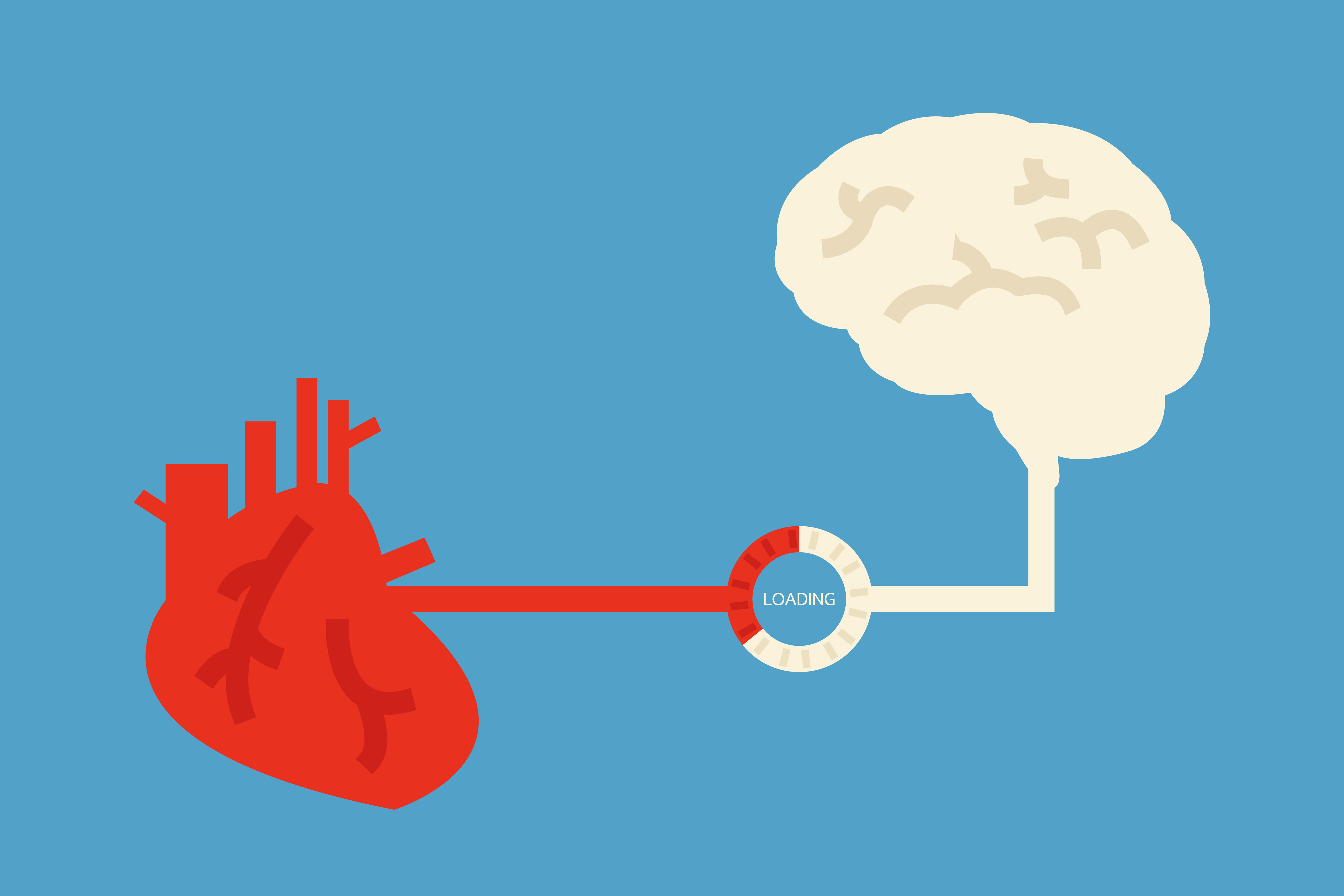
New thinking about plaque in arteries that feed the brain

Want to prevent shifting teeth? Maybe you need retainers

What you need to know about the new dietary guidelines

Food that’s healthier for people and planet can be cheaper, too

New evidence that polyphenol-rich foods help the heart

8 simple ways to reduce ultra-processed foods in your diet

How to curb your stress eating

How to spot Parkinson’s disease symptoms

Heart failure symptoms in women: How they’re different

GERD diet: Foods to avoid to reduce acid reflux
Heart Health Archive
Articles
Atrial fibrillation: The latest treatment trends
About one in six strokes can be traced to atrial fibrillation. Doctors now have newer and better options to lessen this risk.
Close to one in 10 people ages 65 or older have atrial fibrillation (afib), the most common heart rhythm disorder. During a bout of afib, the usually rhythmic contractions of the heart's upper chambers (the atria) are replaced by an ineffectual quiver. While the symptoms, which include a racing heartbeat, dizziness, and shortness of breath, are troublesome for some people, the real threat lies in the increased risk of stroke that accompanies the condition.
When the heart takes on the afib rhythm, blood does not completely move out of the atria. Instead, it tends to pool and clot in a pouchlike extension in the upper left quadrant of the heart, called the left atrial appendage. If these clots break loose, they may travel to the brain and cause a blockage. This is known as an ischemic stroke.
Lend a hand, help your heart?
People who do volunteer work may reap benefits beyond the satisfaction of helping others.
Doing volunteer work may give you a greater sense of purpose in life—a positive emotion that’s been linked to a lower risk of heart disease.
Image: monkeybusinessimages/Thinkstock
If you volunteer on a regular basis, perhaps you've experienced the emotional rewards of donating your time. What you might not realize, however, is that volunteering may offer some added advantages for your heart.
Can mammograms help reveal heart disease?
Research we're watching
Mammograms, which are widely used to detect early breast cancer, may also be an effective tool for spotting early signs of heart disease, a small study suggests.
The study, in the April JACC: Cardiology Imaging, involved nearly 300 women free of heart disease. All underwent both a mammogram and a computed tomography (CT) scan of the chest. The mammograms showed calcifications (which look like a chalked line) in the arteries within the breast in just over 40% of the women. These artery calcifications are different from the irregular spots of calcifications that may indicate early cancer.
While waiting for your flight, learn how to save a life
Research we're watching
Image: Highwaystarz/Thinkstock
If your summer vacation plans include a stop at one of the nation's major airline hubs, you can put your waiting time to good use by learning cardiopulmonary resuscitation (CPR). The American Heart Association and the Anthem Foundation partnered to provide interactive training kiosks that teach people how to perform hands-only CPR in just five minutes. The pilot kiosk program at the Dallas/Fort Worth International Airport has trained more than 25,000 people so far.
The training includes a short a "how-to" video followed by a practice session on a rubber torso. You'll receive feedback about proper hand placement and the correct depth and rate of chest compressions—factors that influence the effectiveness of CPR. More than 20% of the estimated 359,000 cardiac arrests that occur outside the hospital each year happen in public places like airports, casinos, and sporting facilities.
High blood pressure: Why me?
It can be tough to accept a diagnosis of hypertension. It often causes no symptoms, and when doctors diagnose it, they often mention the consequences that may someday happen if it isn’t controlled. This can be a lot to take in if you’re feeling fine! Fortunately, hypertension is easily controlled — and staying on top of the treatment is the first step toward taming this “silent killer.”
The genetic link between Alzheimer's and heart disease
Knowing you have a gene variant that may raise your risk can be distressing. But new research reveals a silver lining.
A particular gene variant that affects cholesterol levels in the blood may influence a person’s risk of both Alzheimer’s and heart disease.
Image: kirstyparueter/Thinkstock
Alzheimer's disease strikes fear in people's hearts, as it gradually erodes a person's ability to remember, think, and learn. There is no cure, and available treatments alleviate symptoms only temporarily. Yet while an estimated 5.3 million Americans currently have Alzheimer's disease, this brain disorder is far less common than heart disease. More than 85 million people in the United States are living with some form of cardiovascular disease or the aftereffects of stroke, which also affects brain function.
The heart attack gender gap
Heart attacks strike men at younger ages than women. But survival rates are worse in women. Why?
Compared with men, women are less likely to recognize and act upon the symptoms of a heart attack.
Image: zaganDesign/Thinkstock
Imagine someone in the throes of a heart attack. If you picture a man clutching his chest in agony, that's understandable. At younger ages, men face a greater risk of heart disease than women. On average, a first heart attack—the most common manifestation of this prevalent disease—strikes men at age 65. For women, the average age of a first heart attack is 72.
Ask the doctor: Ongoing treatment for atrial fibrillation
Q. Last year, I was diagnosed with atrial fibrillation and started taking an anti-clotting drug to lower my stroke risk. But my heart is now back in a normal rhythm. Why is my cardiologist keeping me on the drug?
A. During a bout of atrial fibrillation, or afib, the heart's upper chambers (atria) quiver erratically instead of making normal, steady contractions. This common heart rhythm disorder takes many different forms. While some people seem to have a single, isolated episode of afib, others have persistent afib, which lasts longer than a week. Common symptoms include a rapid, irregular heartbeat; a fluttering or "thumping" sensation in the chest; and feeling weak, dizzy, breathless, or fatigued.

New thinking about plaque in arteries that feed the brain

Want to prevent shifting teeth? Maybe you need retainers

What you need to know about the new dietary guidelines

Food that’s healthier for people and planet can be cheaper, too

New evidence that polyphenol-rich foods help the heart

8 simple ways to reduce ultra-processed foods in your diet

How to curb your stress eating

How to spot Parkinson’s disease symptoms

Heart failure symptoms in women: How they’re different

GERD diet: Foods to avoid to reduce acid reflux
Free Healthbeat Signup
Get the latest in health news delivered to your inbox!
Sign Up










